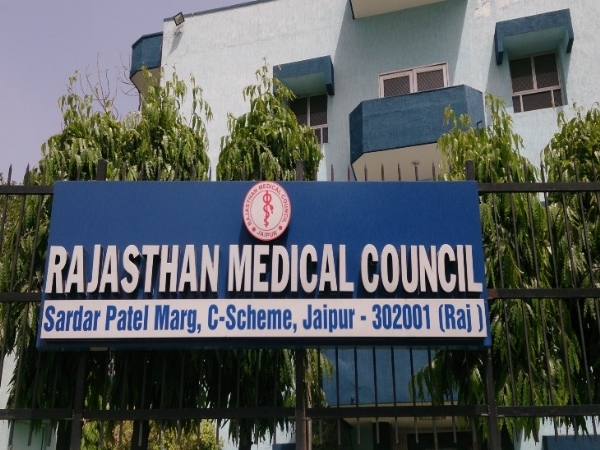
Lack of Faculty and Infrastructure Hampers Medical Education
Jodhpur: Medical colleges across Rajasthan are grappling with a severe shortage of faculty and infrastructure, leaving students without proper academic guidance. As a result, students are increasingly relying on YouTube videos and websites to continue their studies, according to a Dainik Bhaskar report.
Despite the existence of laboratories in these colleges, the lack of adequate equipment and trained faculty prevents students from receiving hands-on practical training. In the past four years, 20 new medical colleges have been established in Rajasthan as part of election manifesto promises. However, these institutes lack essential faculty strength, infrastructure, and medical equipment, raising concerns about the quality of education.
Acute Faculty Shortage in Several Colleges
The Competency-Based Medical Education (CBME) Curriculum prescribed by the National Medical Commission (NMC) mandates 150 faculties per 100 students. However, the reality in Rajasthan paints a dire picture:
- Karauli Medical College – 16 faculties available
- Hanumangarh Medical College – 16 faculties available
- Bundi Medical College – 32 faculties available
- Alwar Medical College – 36 faculties available
A local newspaper highlighted that despite the poor infrastructure and faculty shortages, the NMC continues to grant approvals to these institutions. Despite the ongoing crisis, the State Government is planning to open five more medical colleges.
Students Struggling Without Labs & Teachers
The condition of individual colleges reveals a disturbing trend:
- Dholpur Medical College (Opened 2022-23) – Second-year MBBS students lack laboratory access for subjects like Microbiology, Pathology, and Biochemistry. There is only one faculty for subjects like Anatomy, Biochemistry, and Physiology. Among 40 faculty members, 19 are Group-2 designated doctors, and 21 belong to RajMES.
- Karauli Medical College – No faculty for the second batch of medical students. Pathology and Biochemistry labs lack essential equipment. Students here are completely dependent on YouTube videos. To cover up the faculty shortage, 33 Group-2 doctors have been falsely designated as Assistant Professors.
- Dausa Medical College (Opened 2 years ago) – Lack of equipment deprives students of practical training.
- Bharatpur Medical College (Opened 7 years ago) – 48% faculty shortage, with some departments having only one faculty member. The super-speciality department has 61 sanctioned posts, but 59 remain vacant.
Experts Raise Concerns Over NMC’s Role in the Crisis
Dr. Rohan Krishnan, Health Activist and Chief Patron of the Federation of All India Medical Association (FAIMA), criticized the unregulated approvals of medical colleges. He stated that business groups are opening medical colleges purely for profit, without ensuring the availability of necessary faculties or infrastructure.
Dr. Krishnan also raised concerns about ghost faculties and the forging of biometric IDs, which were supposed to ensure accountability. He pointed out that the NMC has abolished physical inspections of medical colleges since the COVID-19 pandemic, allowing substandard institutions to flourish.
“The real situation is far worse than reported. Why is NMC granting permissions to such colleges? If these colleges are shut down now, students who have already taken admission will suffer. Who is responsible for these approvals? Those granting permission should be penalized.” – Dr. Rohan Krishnan
With the growing crisis in medical education, experts are demanding strict accountability from NMC and a review of medical college approvals to safeguard the future of aspiring doctors.


